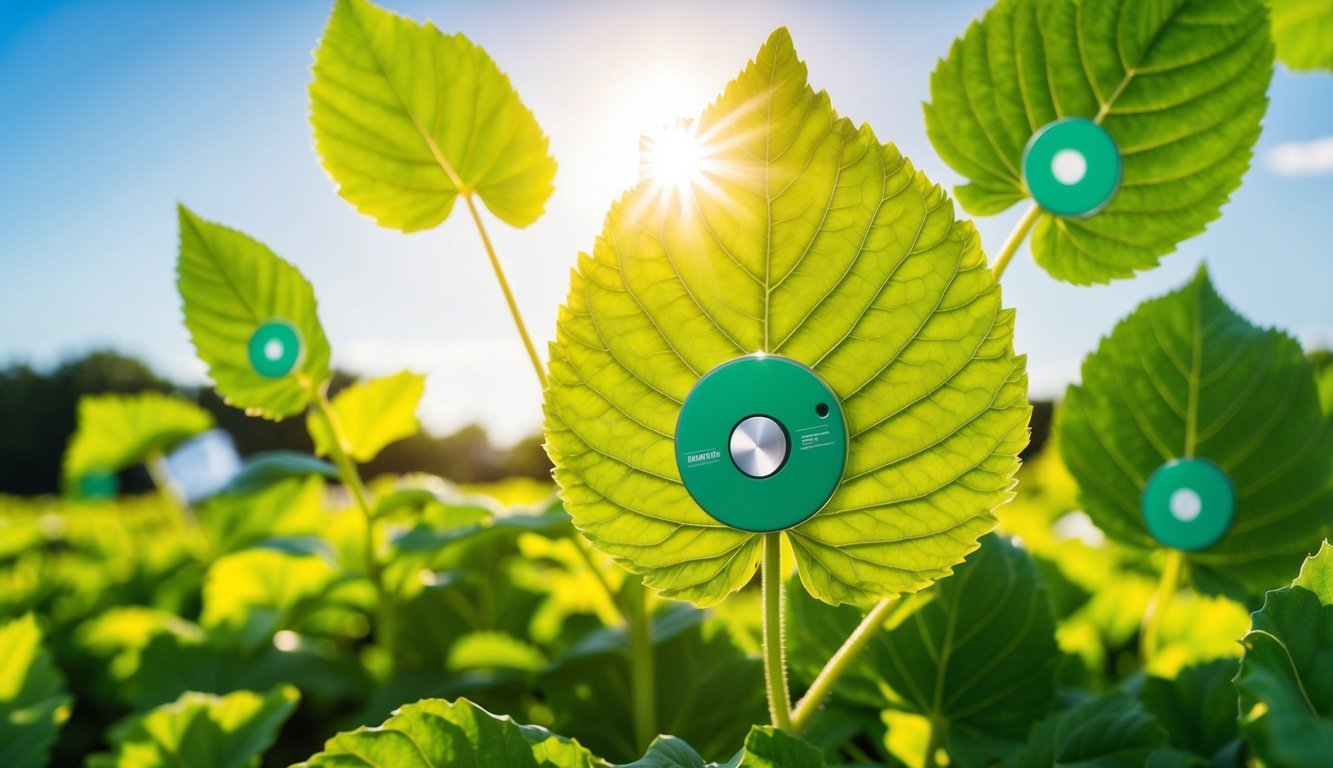
In response to the mounting pressures of climate change and a growing global population, researchers at Tohoku University have unveiled a groundbreaking leaf-mounted sensor that promises to transform agricultural practices by delivering real-time insights into plant health.
Addressing Monitoring Challenges
Traditional monitoring methods, such as aerial surveys with drones or planes, have advanced the ability to assess large agricultural areas.
However, these approaches often fall short when it comes to providing detailed, ongoing evaluations.
They can require numerous calibrations over time to maintain accuracy.
On the other hand, smaller sensors are typically impractical due to the challenges of installation and maintenance, which necessitate farmers’ physical involvement.
Recognizing these limitations, the researchers sought to develop a more user-friendly, cost-effective solution that would allow for persistent monitoring of subtle shifts in plant health.
The Innovative Sensor Design
The new sensor created by the Tohoku University team addresses these challenges effectively.
This compact sensor is designed to attach discreetly to the underside of leaves.
By utilizing a sophisticated spectroscopic sensor along with an integrated light source, it evaluates leaf color while ensuring sunlight can still reach the plant.
This ensures consistent monitoring of the same location over extended periods.
Equipped with a battery and Wi-Fi capabilities for data transmission, the sensor boasts waterproof features, allowing it to function outdoors for over a month.
This facilitates extensive data collection, enhancing the accuracy of observations.
The efficiency introduced by this technology could significantly reduce the time farmers spend evaluating plant health.
By providing timely data, the sensor allows farmers to swiftly respond to areas where plants exhibit signs of stress.
Wider Implications and Future Directions
Beyond just agricultural applications, this low-cost sensor opens new avenues for the precision monitoring of plant health, making it feasible to deploy multiple devices across various locations.
This creates the potential for an extensive network of monitoring systems.
The implications of this technology reach beyond farming; it can be instrumental in assessing forest health and other aspects that require meticulous evaluation of plant conditions.
The impressive findings of this research were documented in the journal Sensing and Bio-Sensing Research on September 24, 2024, marking a significant advancement in the pursuit of sustainable agricultural practices.
Source: ScienceDaily

